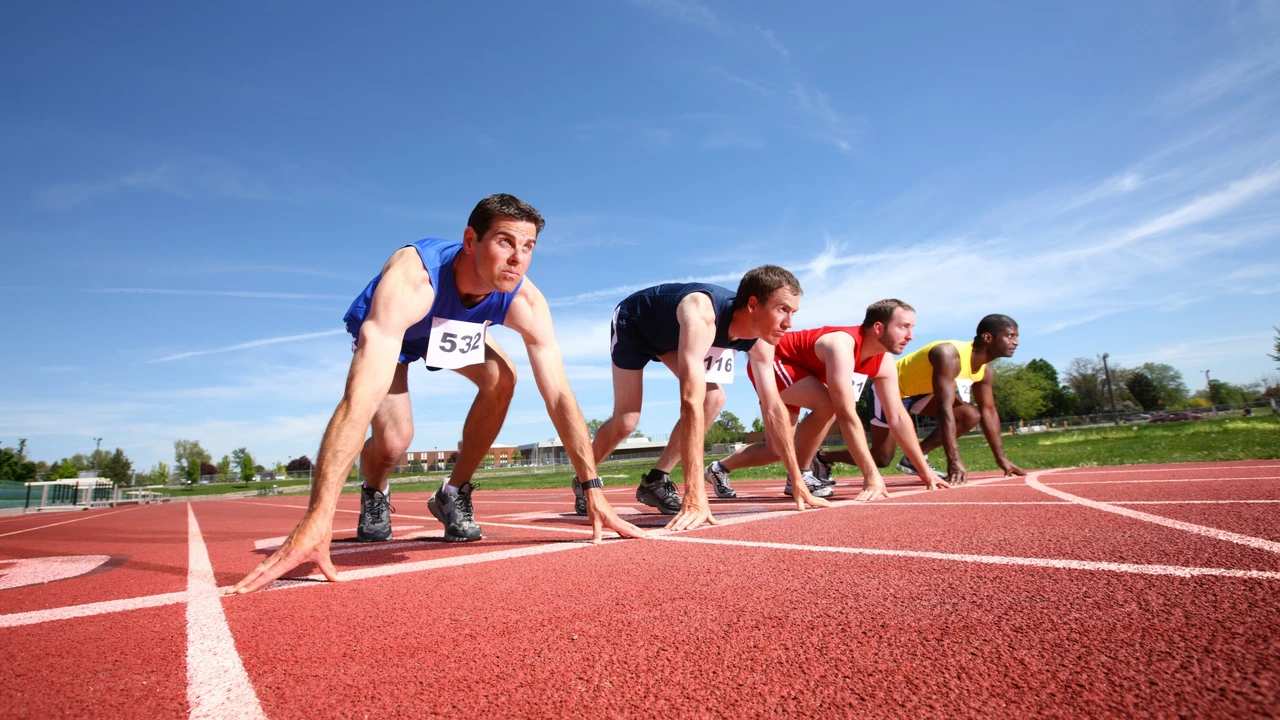Athletic Potential: Unlocking Rugby Performance
Ever wonder why some players seem to jump higher, run faster, and keep their energy up longer? It isn’t magic – it’s focused work on the key parts of athletic potential. Whether you’re a teenager dreaming of the first XV or a seasoned keeper aiming for a longer career, sharpening your body and mind makes a real difference on the pitch.
Focus on the Basics
First up, strength. Simple compound lifts like squats, deadlifts, and bench presses build the power you need for tackles and scrums. You don’t need a fancy gym – a few barbells and a solid routine three times a week can do the trick. Pair that with speed drills – think short sprints, ladder work, and cone shuffles – and you’ll see quicker bursts when the ball hits your hands.
Next, agility. Rugby demands rapid direction changes, so include “cut‑and‑go” drills that mimic game situations. Set up a series of cones in a zig‑zag shape, sprint to the first, shuffle left, backpedal, then explode forward. Do this for 15 minutes, and you’ll train the nervous system to react faster during matches.
Don’t forget endurance. A typical match lasts 80 minutes, with intense periods followed by short rests. Interval training – 4 minutes hard, 2 minutes easy – mirrors this rhythm. Over time, you’ll sustain high output without feeling wiped out.
Nutrition and recovery round out the formula. Aim for a balanced plate: lean protein for muscle repair, carbs for fuel, and healthy fats for joint health. Hydration matters even more in winter training sessions, so keep a water bottle handy. Sleep is the real secret weapon – 7‑9 hours lets your body rebuild stronger after each workout.
Apply It at Pontypool
Pontypool Rugby Club offers the perfect environment to put these ideas into action. The club’s gym is equipped for strength work, and the coaching staff runs weekly speed and agility sessions tailored to rugby. Join the “Potential Builders” program, where you get a personal training plan, video analysis of your technique, and regular feedback from experienced players.
The community vibe at Pontypool also helps keep motivation high. Training partners push each other, share recovery tips, and celebrate small wins together. When you’re stuck on a specific skill – say, improving your line‑out jump – the club’s senior squad members often run extra drills after the main session.
Finally, use the club’s resources for nutrition guidance. The clubhouse hosts quarterly talks from sports dietitians, and there’s a simple meal‑planning sheet you can download from the members’ portal. Stick to the plan, track your progress, and you’ll notice stronger tackles and faster breaks in just a few weeks.
Bottom line: Athletic potential isn’t a hidden talent you either have or don’t. It’s a set of habits you can build step by step. Start with the basics – strength, speed, agility, endurance – and let Pontypool’s facilities and community keep you on track. Your best rugby self is waiting, just a few reps away.
Starting a sport at 18 with the aim of turning pro can be challenging but not entirely impossible. It will require a lot of dedication, hard work, and the right training. Your physical condition, mental strength, and innate talent will play a significant role in your journey. It may take longer compared to those who started their training in childhood. So, while age is a factor, it's your passion, commitment, and resilience that will significantly determine your success.
